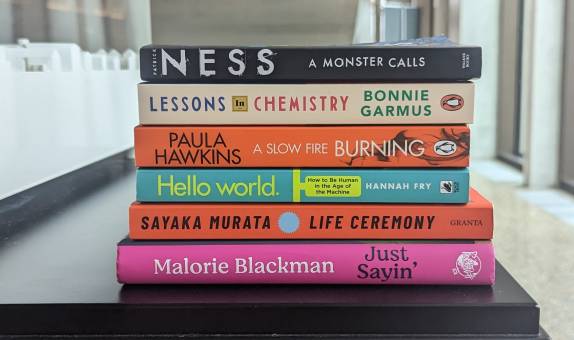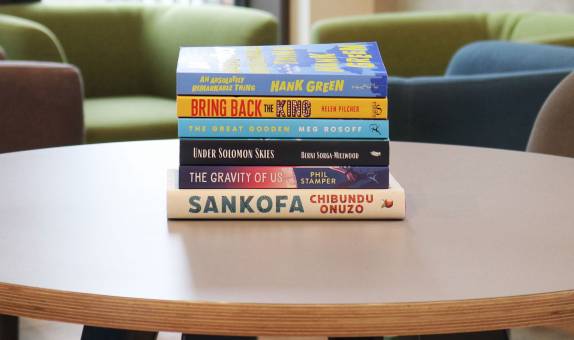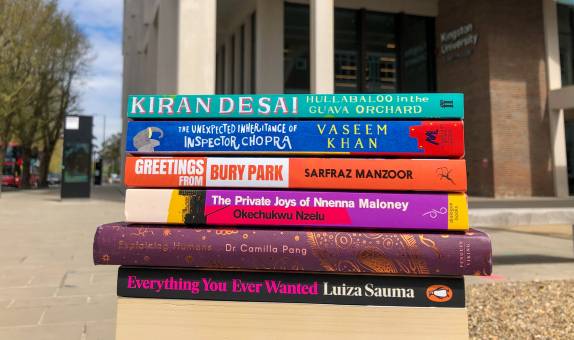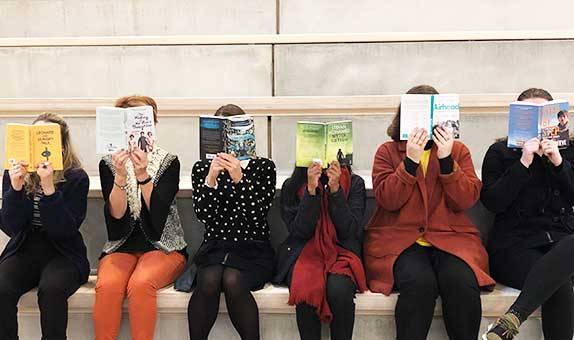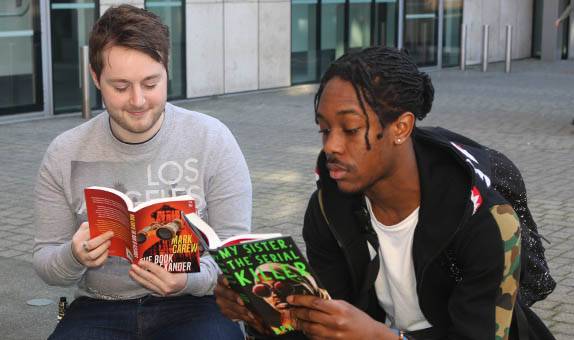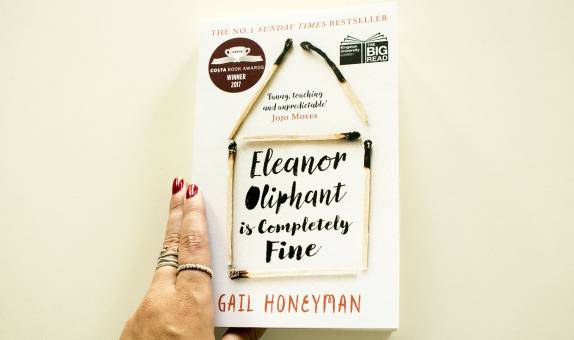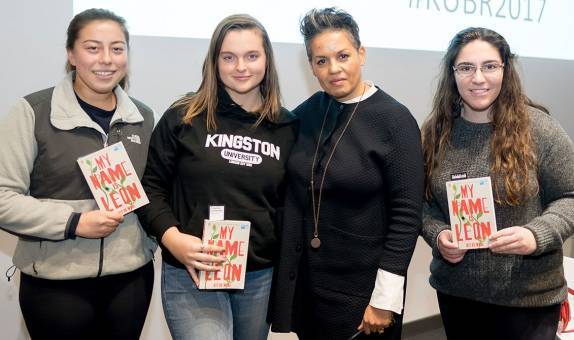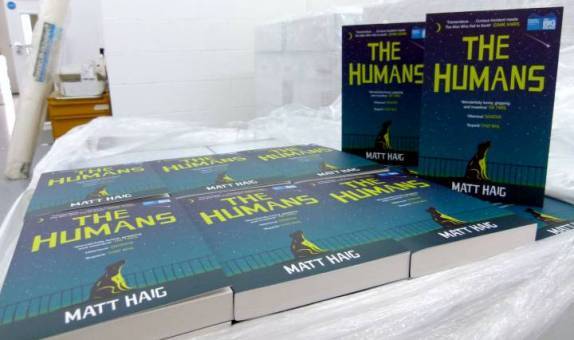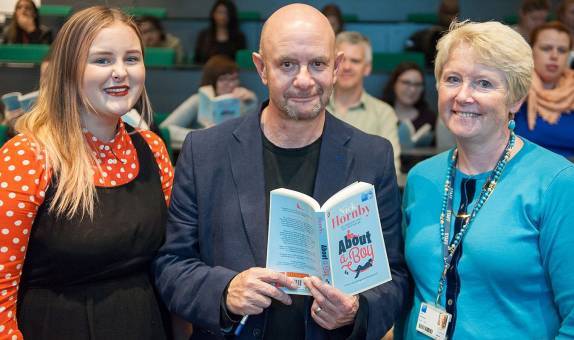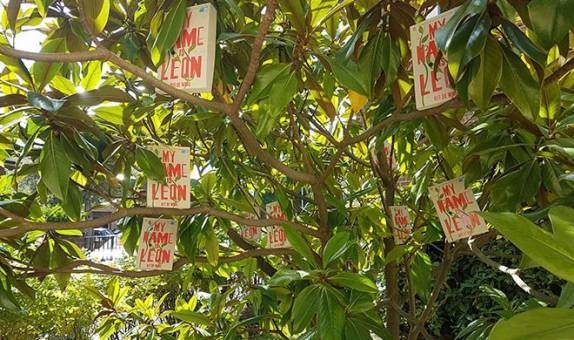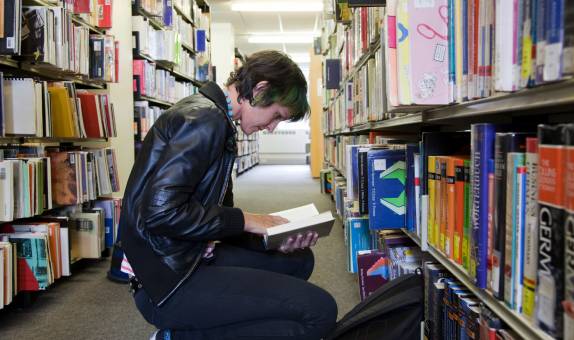Big Read 2018
The 2018 shortlist offered a diverse range of titles, each of which could have made for a very good Big Read.
The winning title was Eleanor Oliphant is Completely Fine by Gail Honeyman. With such strong competition, it was hard to know just which way the choice would go but Eleanor Oliphant was an overwhelming success with members of the Selection Committee who believed this is a book that can be appreciated by all of our students and staff, new and current, alike.
Eleanor Oliphant is Completely Fine by Gail Honeyman
Big Read 2018 winner
Miss Eleanor Oliphant gets under your skin. From the time we first meet her, as the butt of office jokes, we are aware that for her loneliness has become a habit, because ‘once you get used to being on your own, it becomes normal'. She sees herself as ‘dull, matte and scuffed' and can find no place in the world. But while she's naive she's also consistently perceptive and, often without realising it, very funny. Forever shelling out for significant life events she feels she will never experience herself, why indeed is it that ‘the act of legally formalising a human relationship necessitates friends, family and co-workers upgrading the contents of their fridge for them'. But as her confidence grows we root for her - and the book surely deserves a film, with Anne Hathaway in the title role. This book is likely to be enjoyed by anyone who appreciated The Rosie Project - and makes a serious contribution to understanding loneliness.
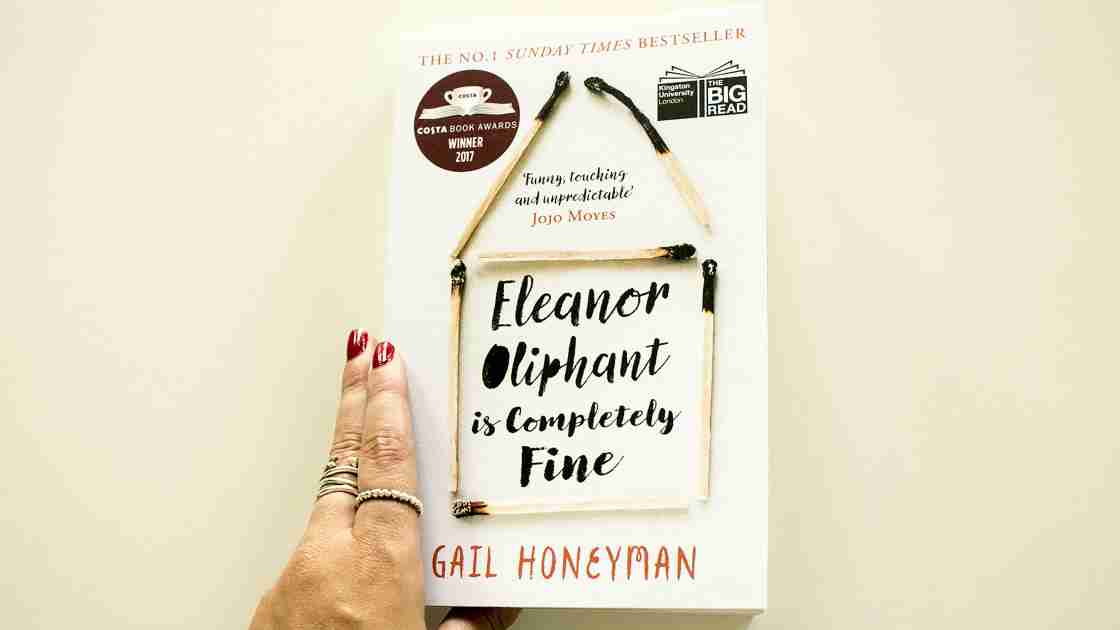
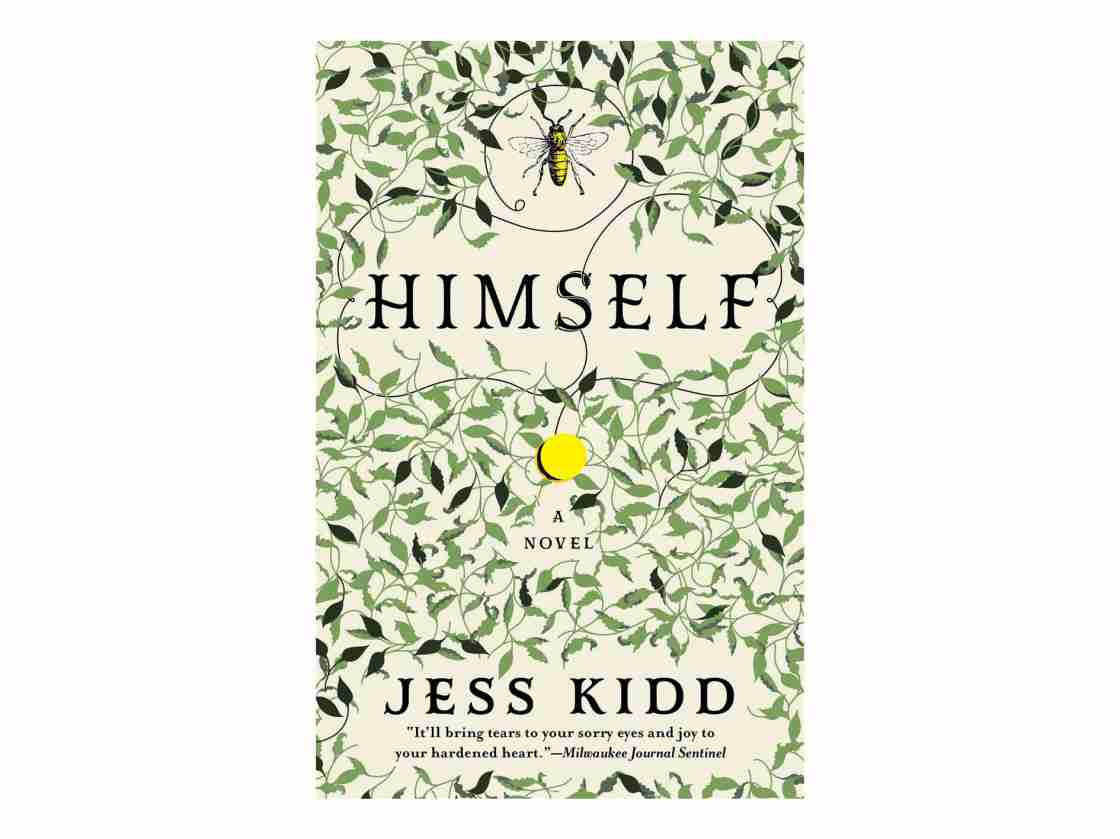
Himself by Jess Kidd
This is a book of staggering originality. I have never read a detective story where the cast of characters includes ghosts which only some of the protagonists can see. The story takes place in 1950s and 1970s Ireland, in a festering world of organic grubbiness, where frogs, clouds of soot and the occasional hurricane of books all get in the way of solving the mystery. It's vivid, funny and the mysterious stranger at the centre of the action - Mahony - is 'a Dublin orphan, which means that he could survive on an iceberg in just his socks'. Quite compelling!
Home Fire by Kamila Shamsie
This is a terrific book. Based in an entirely recognisable London, it switches between Boston, so-called Islamic State and Karachi. The completely believable characters move around each other, grappling relationships, sibling-bonds and how (or whether) to acknowledge your origins. The political atmosphere builds, and we start to sense the climax that must be coming. The author has a real feel for 'that way the mind has of focusing on trivial details to avoid the enormity of what it is being forced to bear' - the difficult situations we land ourselves in and the consequences we can't then escape. Utterly gripping.

Tin Man by Sarah Winman
Tin Man is the story of two boys, Michael and Ellis, who grow up together - and Annie, whom they meet as adults, who becomes immensely important to them both. The story is told from the point of view of the boys, one after another. They both remember the past, and as they look back they dwell on the secrets they kept from each other and the conversations they might have had. Moving between a grey factory in England and the bright colours of France, it is mesmerising. The author has a real sensitivity for what stands out in our lives, and what shapes the people we become.
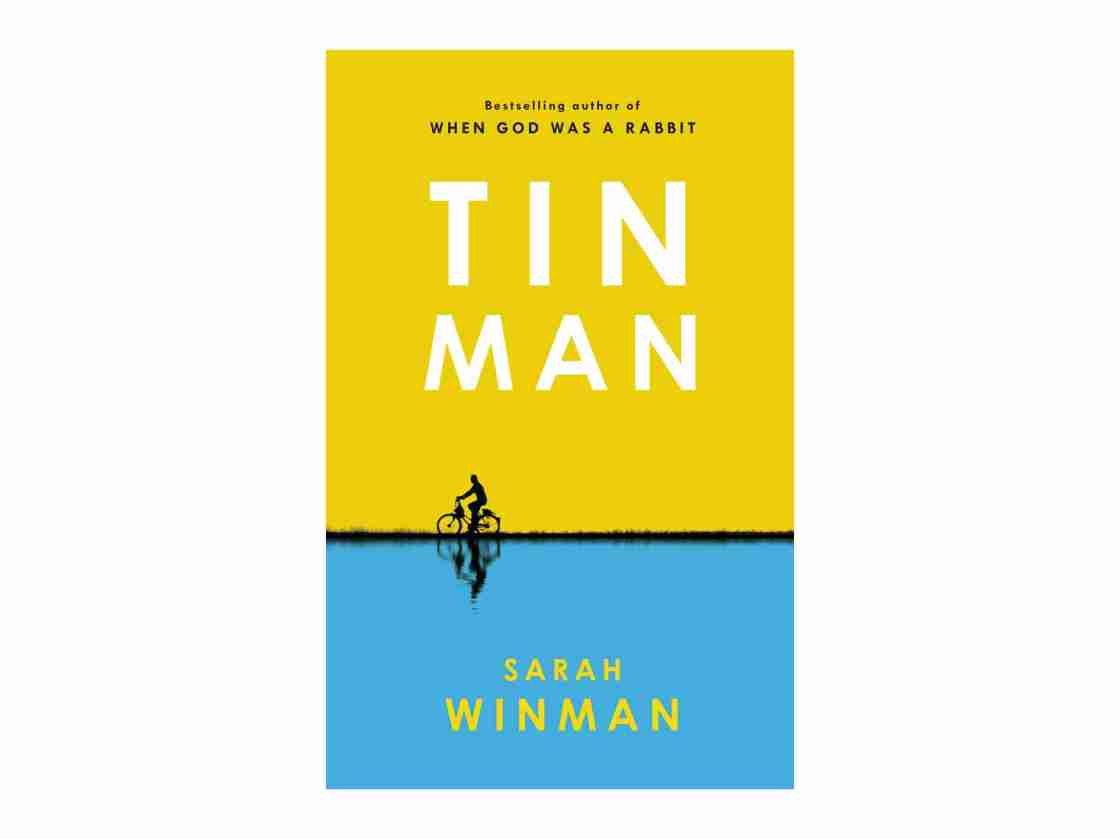
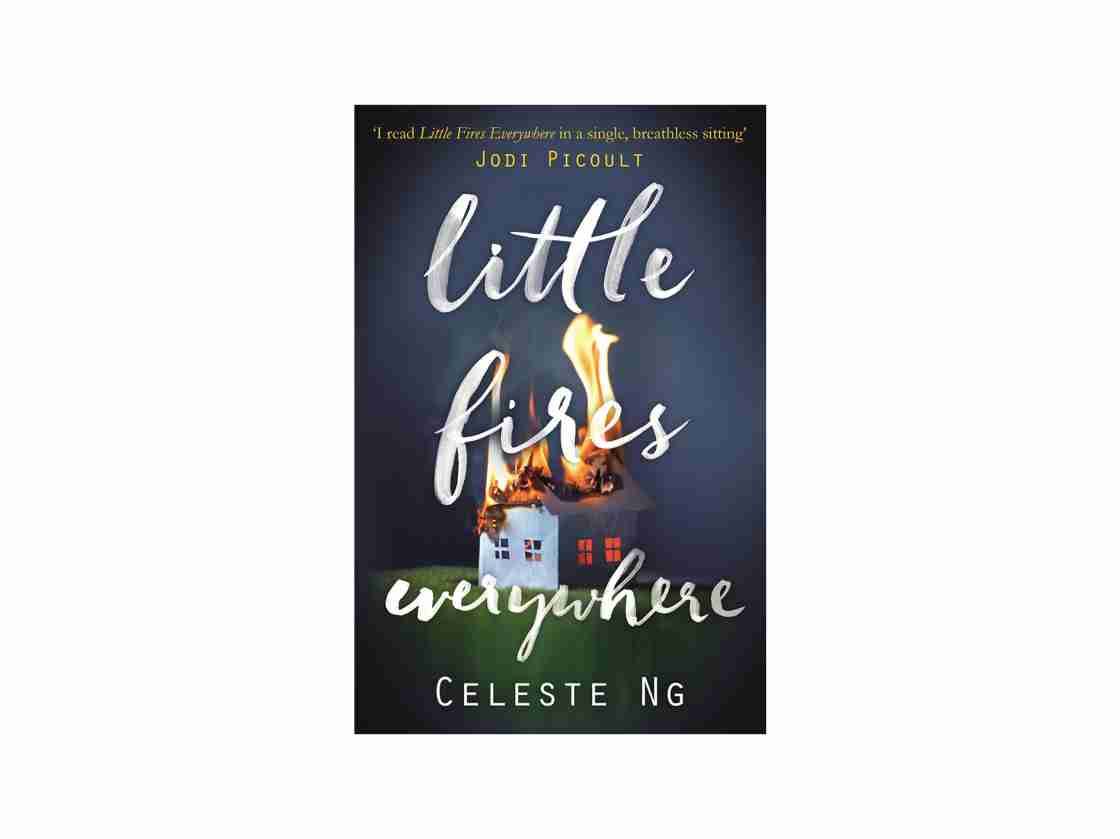
Little Fires Everywhere by Celeste Ng
This is a gripping novel - the story moves along at a cracking pace - that gives much more to think about. What is the best way to live, and in particular to raise a family? Into the comfortable lives of Mr and Mrs Richardson and their four children, living in an affluent US neighbourhood, arrive a single mother and her daughter; artistic, itinerant - and unimpressed by the material splendour and domestic helplessness of their landlords. Relationships between the two families grow, across generations and interests, and Mrs Robinson begins to see that, however well-intentioned and expert is her management of absolutely everything, it's not necessarily appreciated - and that both her family and friends want their own adventure. Vividly told, and with a really strong sense of place, you find yourself thinking about the characters long after you have finished reading.




